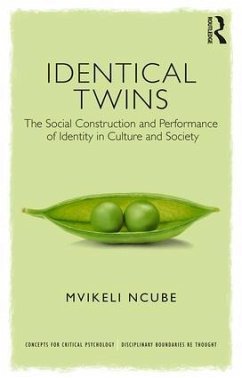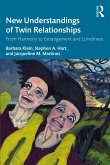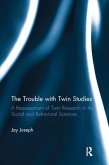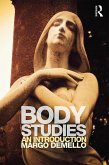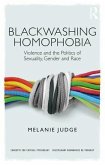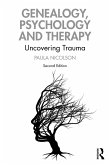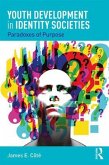In Identical Twins: The Social Construction and Performance of Identity in Culture and Society, Ncube conceptualises twin identity as a multi-layered dynamic that changes through performance, and explores twin identity through a social constructionist approach.
Until now, mainstream twin studies have mostly sought to explain social phenomena about twins from 'inside' the person, providing their explanations in terms of internal entities such as personality structures with an obvious underlying essentialist assumption. By examining the theories of Michel Foucault and Judith Butler, Ncube shows that the 'identity' of twins is managed in both an academic and cultural context, and in relation to specific audiences.
Relocating the explanations that we gather in social research, including in qualitative research in psychology, the book focuses its enquiry on the social practices and interactions that people engage in with each other, not delving 'inside' the person. Using real-world twin accounts, the book maps out the social construction of twin identity, and allows for the twins' own voices to be examined in relation to twin experiences.
Also addressing aspects of being misunderstood, as well as the idea of misunderstanding oneself, this is fascinating reading for students and researchers in critical and cultural psychology, and anyone interested in twin studies.
Until now, mainstream twin studies have mostly sought to explain social phenomena about twins from 'inside' the person, providing their explanations in terms of internal entities such as personality structures with an obvious underlying essentialist assumption. By examining the theories of Michel Foucault and Judith Butler, Ncube shows that the 'identity' of twins is managed in both an academic and cultural context, and in relation to specific audiences.
Relocating the explanations that we gather in social research, including in qualitative research in psychology, the book focuses its enquiry on the social practices and interactions that people engage in with each other, not delving 'inside' the person. Using real-world twin accounts, the book maps out the social construction of twin identity, and allows for the twins' own voices to be examined in relation to twin experiences.
Also addressing aspects of being misunderstood, as well as the idea of misunderstanding oneself, this is fascinating reading for students and researchers in critical and cultural psychology, and anyone interested in twin studies.

